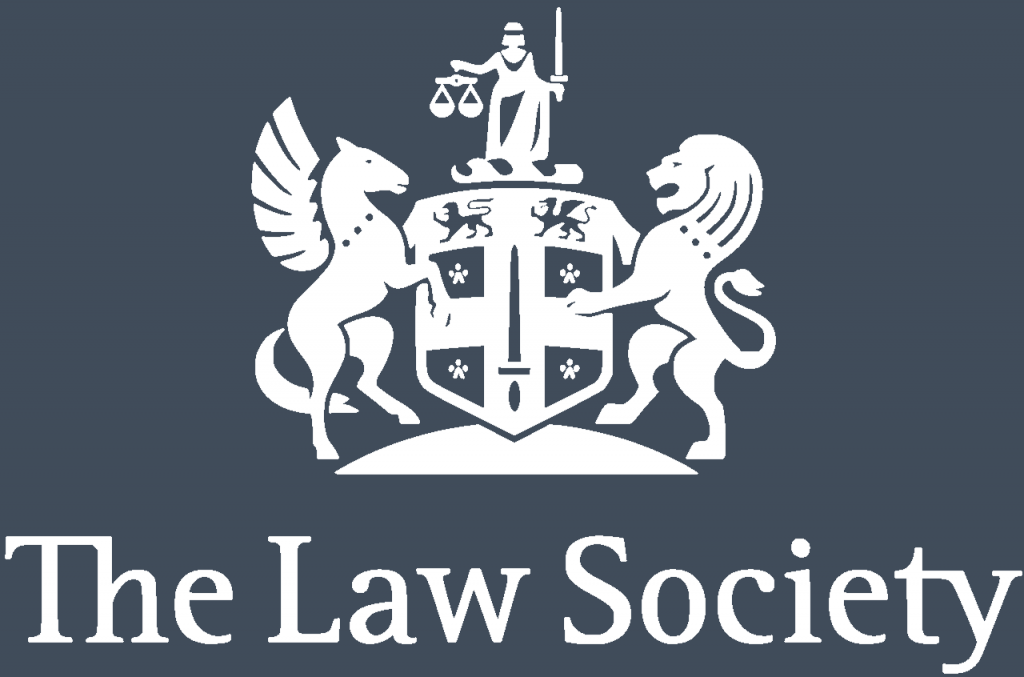How we can help you?
Driving disqualification appeal frequently asked questions
A driving disqualification under the ‘totting up’ procedure follows when someone has accumulated 12 or more penalty points for certain offences (e.g. speeding, no insurance). A court can hear an ‘exceptional hardship argument’ which can either mean no disqualification is imposed, or a reduced disqualification from the statutory 6 months.
Yes. If you pleaded not guilty but were found guilty after trial and you believe your conviction is unsafe, you can appeal your conviction. If you have been disqualified under the ‘totting up’ procedure, or pleaded guilty and received a ‘discretionary disqualification’ for an offence you can appeal. If you have been convicted of an offence carrying ‘mandatory disqualification’ you can appeal on the basis that there may be ‘special reasons’ that mean a driving ban should not have been imposed. You can also appeal if you feel the court has disqualified you for too long a period.
It is possible to apply to have your disqualification suspended pending the appeal. This would involve an application to the Court and you could only drive if the application is granted.
You have 21 days to lodge an appeal to the Crown Court. The appeal will take place subject to Court availability. With the current backlog in the Crown Court the sooner your appeal is lodged the better.
You have an unqualified right to appeal to the Crown Court from the Magistrates’ Court. If you are out of time to appeal it is still possible to persuade the Crown Court to hear your appeal.
We will offer you a fixed fee package to cover the full costs of your appeal to the Crown Court. The costs depend upon the nature of your appeal.
At Pury Erskine Ltd we always maintain the traditional relationship between solicitors and barristers, so would instruct a specialist road traffic barrister to work with us and to represent you in the Crown Court.
Your appeal will take place in the Crown Court.
If your appeal is successful against conviction is successful you will no longer be convicted of the offence. If your appeal is successful in relation to sentence and / or disqualification the Crown Court can either decide not to impose a driving disqualification, or reduce the length of the disqualification from that previously imposed.
There are many road traffic offences (e.g. careless driving, failing to stop) that carry a discretionary disqualification. This means if circumstances of the offence are viewed as not suitable for a fine or penalty points to be imposed, the court has the ‘discretion’ to impose a driving disqualification.
There are many road traffic offences (e.g. dangerous driving, drink driving) that carry mandatory disqualification. This means when someone is convicted of an offence carrying mandatory disqualification they will receive an immediate ban, unless there are ‘special reasons*’ not to disqualify.
In the Crown Court your appeal will normally be heard by a Crown Court judge sitting with two Magistrates’ (a.k.a Justices).
The evidence needed for your appeal will depend upon the circumstances of your case. If you are appealing e.g. a disqualification for ‘totting’ and you believe the court should have found ‘exceptional hardship’ in your case we will need evidence in support of the effect your driving disqualification will have on others relying upon you to drive. If you have been disqualified for e.g. careless driving and you feel there was evidence not presented properly or not made available during a trial or in mitigation, a full review of all available evidence will be required.
Additional FAQs resulting from a disqualification from driving.
If you are convicted of a ‘recordable’ road traffic offence you would have a criminal record as the conviction is recorded on the Police National Computer (PNC).
You do not have to sell your car when you are disqualified from driving, but you cannot drive it for the period of your disqualification. If you drive this would amount to a serious offence of driving while disqualified for which you could be sent to prison.
You would need to look carefully at the terms of your policy to see what obligations you have to the company finance has been taken with, if you are disqualified.
Yes. You would have a positive obligation to inform your insurers of the offence you have been convicted of and the sentence passed by the court.
There are often clauses in employees contracts of employment that state employers must be informed of any convictions. If subject to a DBS regime the conviction is likely to show on a Basic Enquiry until ‘spent’.
You would have to take an extended driving test if convicted of e.g. dangerous driving. If your licence was ‘revoked’ under the new driver provisions you would have to re-take your driving test.
Contact Us Confidentially
Our telephone line is available 24/7, or please contact us via the form below. All information you provide Pury Erskine Ltd is strictly confidential and a qualified lawyer from Pury Erskine ltd will contact you as quickly as possible.








